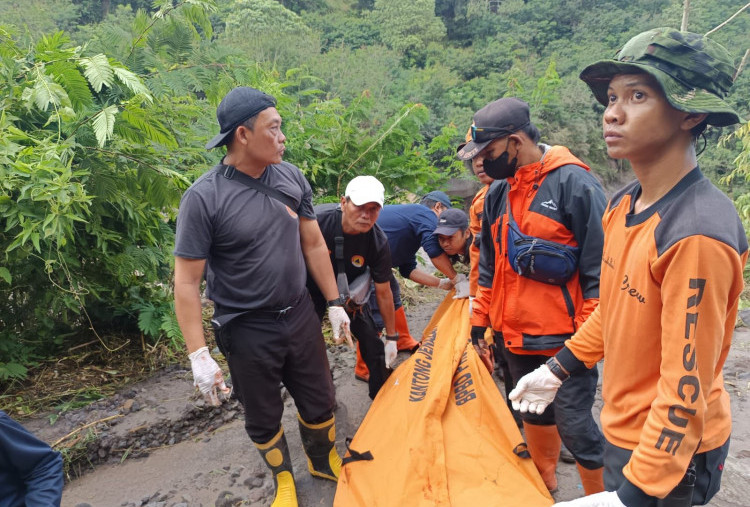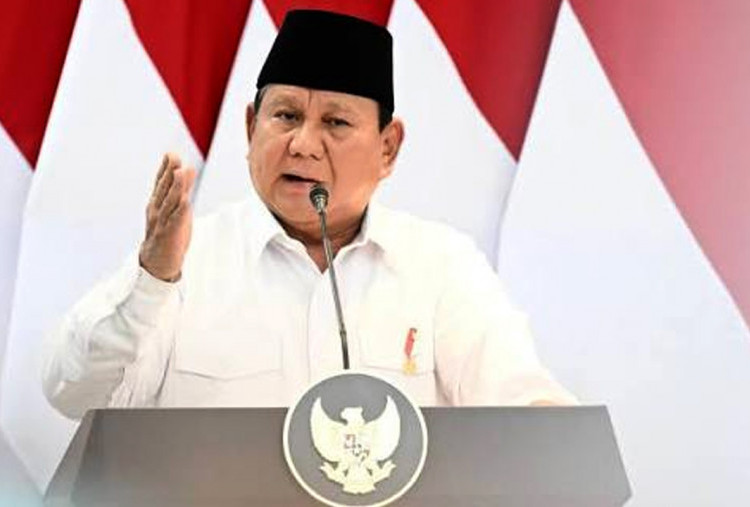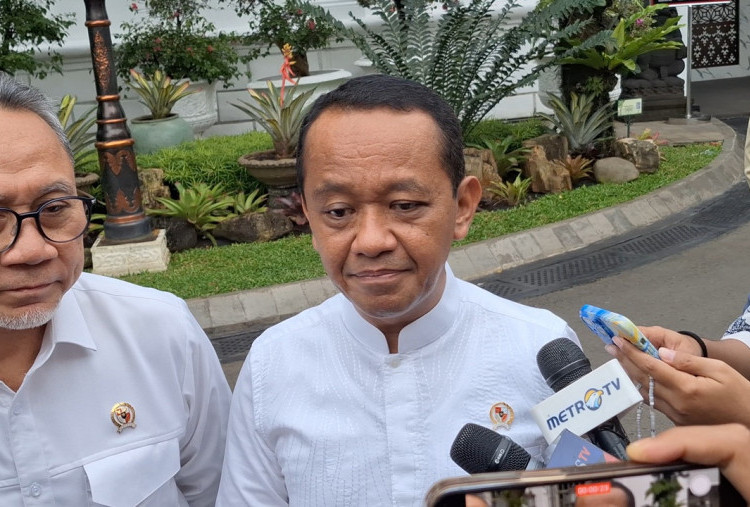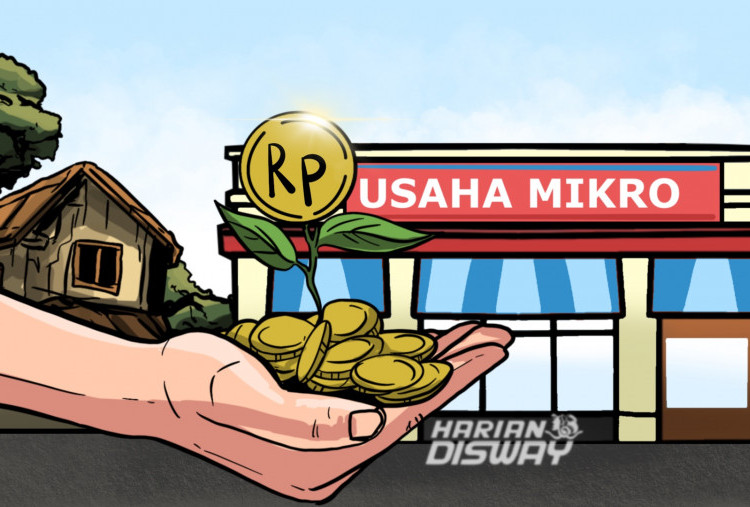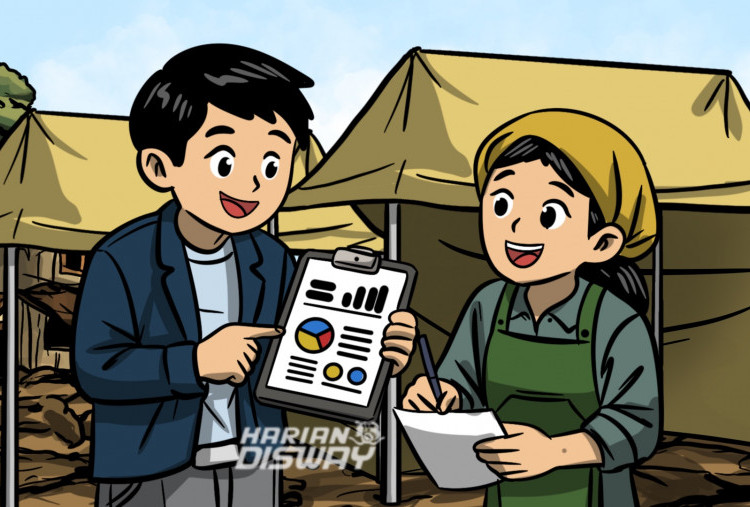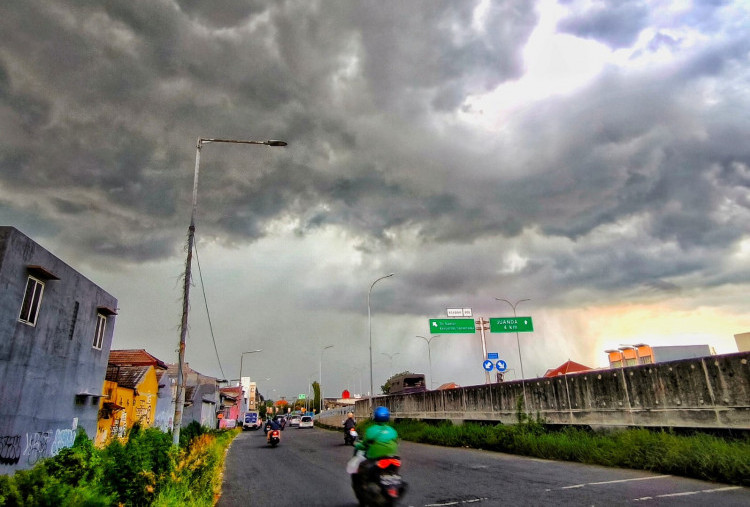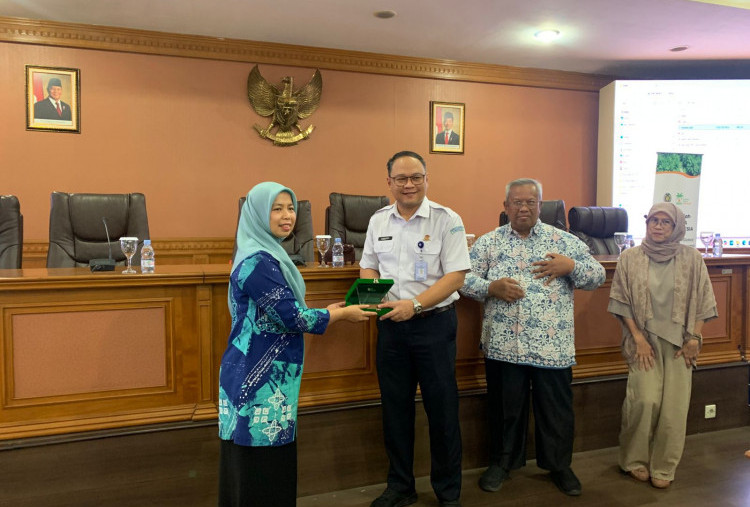The Language of Climate Change; Is It Easy To Digest?
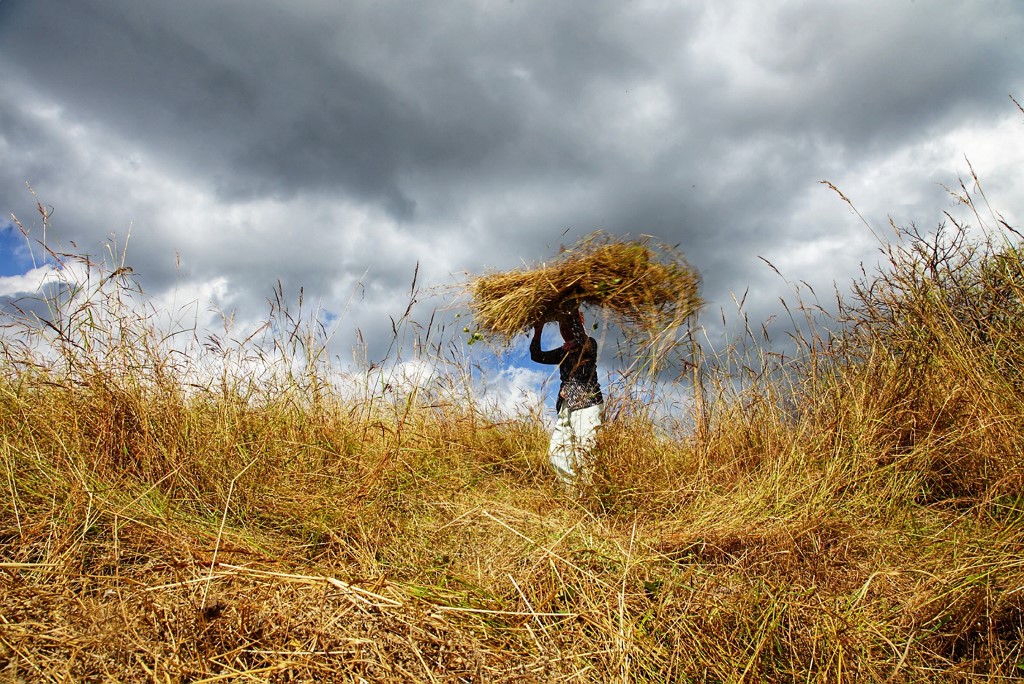
Farmer carrying dried haystack during drought in Kupang, East Nusa Tenggara. The gap between scholars and common people facing the risk of climate change is an issue yet to be resolved-Azwar Ipank/AFP-
This is a sign that we, as scholars, need not to brags around spewing sophisticated climate terminologies since there was a communication gap between us and the common people. In their mind, there are only specific disasters, such as drought or flash floods.
Understanding this gap is critical in the climate information services context because basically, the climate information service was intended to help citizens and society at large understand and respond to the risks (e.g., heat waves, floods, extreme weather events) which arise as result of a changing climate (Visbeck, 2008).
When talking or writing about climate change, especially for common people, It is essential to consider your specific audience. Contextualizing the issue and enhancing user capacity to understand complex data are recognized challenges for making public-facing climate information services more effective (McNie, 2013).
The phrase "climate change" is a sophisticated scientific concept that most people struggle to understand. As a result, proper message articulation, effective campaign, and contextual approach will assist the public in comprehending the complexities of climate change.
BACA JUGA:Kisah Elly Minarti Menaklukkan Boston Marathon, 14 Km Terakhir Telapak Kaki Bersimbah Darah
There at least two sociological reasons why common people can only partially understand the definition of climate change: first, language appears and evolves in specific settings. The advancement of knowledge innovation has an impact on this. Second, not all have access to knowledge and information.
Therefore, climate change is a language articulation that the general public needs help to understand. The term "climate change" first appeared in the early 2000s. Those born in the 1960s, also known as the boomer generation, may need to become more familiar with the word—those who reside in rural or remote places, in particular.
Millennials, on the other hand, absorb this terminology almost solely from mass media coverage. Furthermore, this generation is observing and experiencing the enormous consequences of climate change. Global warming is an example of this.
Therefore, communicators are not only to consider how to inspire the ‘educated group’ to engage with the issue. But challenges are also to make the topic compelling, fascinating, and relevant to the general audience (Nerlich et al., 2009). Thus, they can prepare mitigating measures for the worst future scenario.(Dinda Lisna Amilia, Abdul Kodir)
Dinda Lisna Amilia,
Lecturer of Communication Studies at Universitas 17 Agustus 1945, Surabaya
Abdul Kodir,
Lecturer of Sociology at Universitas Negeri Malang, Malang
Cek Berita dan Artikel yang lain di Google News
Sumber:


